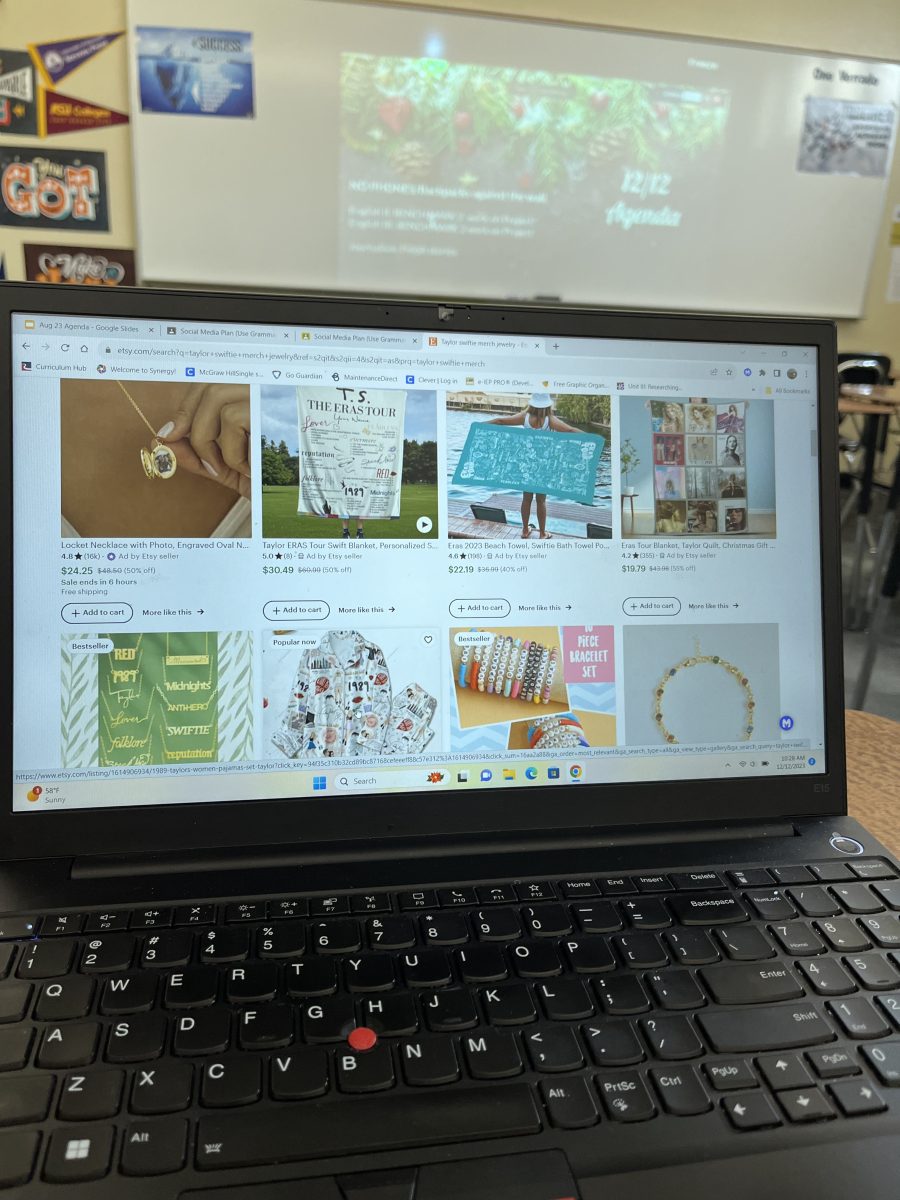Kids all over the world, whether they’re toddlers or teenagers, no longer read for pleasure as much as they used to. Reading is becoming less popular as the rise of technology advances, and younger generations have become used to and prefer having electronics in their hands rather than a good book.
Once the school day concludes, so does the student’s energy for learning. After hours hard at work, all a child wants to do is wind down and relax, and the same goes for summer break. Ages 9 to 17 much prefer spending their time doing anything but learning, and many people associate reading with school, hence they have little to no urge to pick up a book if it is not required.
“What’s the single most important activity a child can do during the summer related to learning?” Read for pleasure. That was the response from a handful of K-12 teachers—1st grade classroom teachers, high school math teachers, and those in between—to this question posed by Education Week in a recent (unscientific) survey.” Elizabeth Heubeck wrote in her article ‘Kids Aren’t Reading for Pleasure as Much. Summer Is the Time to Reverse That’ for EducationWeek. Parents and teachers have grown concerned about students’ aptitude for reading in their free time. Going months without reading over the summer can even lower the reading grade average among students. Therefore, numerous students’ reading comprehension is at a lower grade level than their grade.
There are so many factors at play regarding what children do in their free time outside of school, but the most widespread and detrimental one has to be technology. Before the invention of the internet and television, reading books was a habit and a daily part of life. Nowadays, reading a physical book is uncommon among the younger generation.
“Kids are reading for pleasure less than they have in decades. A survey by the National Assessment of Educational Progress that began in 1984 and was most recently conducted in late 2019 and early 2020 asked U.S. kids ages 9 and 13 whether they read for fun almost every day.” Elizabeth Heubeck wrote, “In this most recent survey, 42 percent of 9-year-olds said they read almost daily for fun, compared to 53 percent in both 2012 and 1984. Only 17 percent of 13-year-olds said they read almost daily for fun, compared to 27 percent in 2012 and 35 percent in 1984.” Many may argue that after a whole year spent at school learning, many kids don’t want or need to spend their summers reading and learning. However, brains are learning machines. Every day new information is absorbed and retained, and an individual must keep their brain active, even over break. Of course, kids need breaks where they are free to relax and spend their time how they please. Still, reading is an extremely stimulating activity that not only keeps your brain learning, it can also be extremely entertaining divulging a new world through characters inside of a book.
Many teenagers still enjoy reading books for fun. Many agree that if a book is entertaining, they will read just about anything. The problem arises when schools assign a surplus of books to read for assignments, which discourages students from reading even more books even if they aren’t school-related.
Kids must be taught from a young age that reading is a vital and crucial part of life and that learning and keeping your brain active doesn’t have to be boring. Telling a child to do something will make them forget or become more defiant, but teaching and involving them in stimulating activities will make them enjoy reading.









